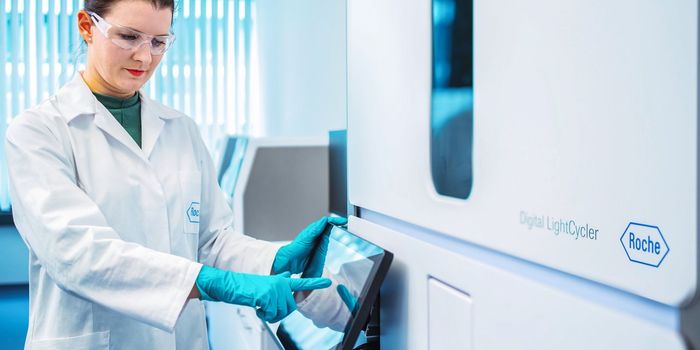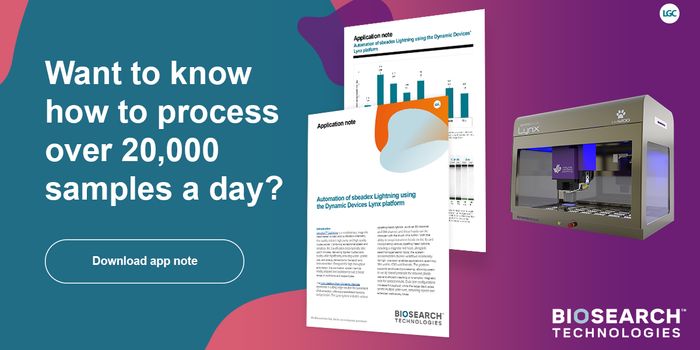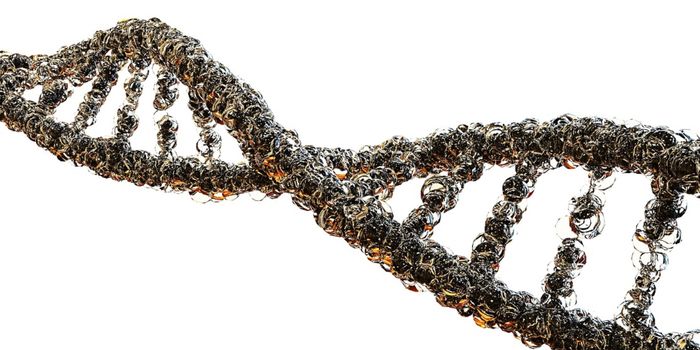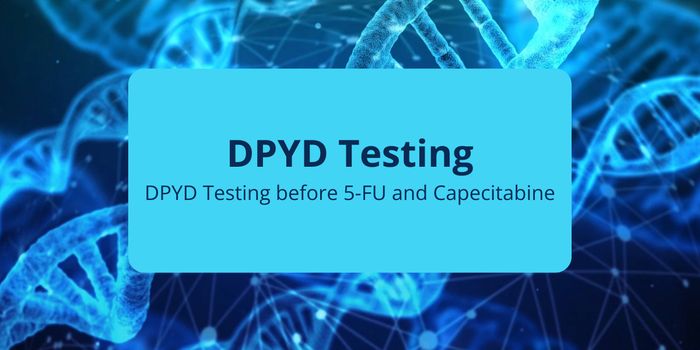Early Childhood Trauma Affects Metabolism in the Next Generation
Traumatic experiences can have a lasting impact, so children that suffer through them can feel their effects for a lifetime. Work has also shown that trauma can change the way genes are expressed, through epigenetics. Epigenetic changes do not alter the sequence of genes but they alter the biochemistry of DNA, and these changes are sometimes passed down to future generations through germ cells. Scientists have been working to learn more about how traumatic events get embedded in the genetic code of germ cells.
New research reported in The EMBO Journal has used a mouse model to suggest that childhood trauma can influence the composition of blood, and this is the conduit for passing the impact down to offspring.
"Our hypothesis was that circulating factors in blood play a role," said Isabelle Mansuy, Professor of Neuroepigenetics at the University of Zurich's Brain Research Institute and the ETH Zurich's Institute for Neuroscience. "These findings are extremely important for medicine, as this is the first time that a connection between early trauma and metabolic disorders in descendants is characterized."
In this study, the researchers developed a mouse model of early-life trauma, which was induced by separating offspring from their mothers at random, unpredictable times. The researchers identified multiple significant changes in the blood of adult mice that had been traumatized compared to those that had not.
The most striking differences were in fat metabolism; there were higher levels of certain types of fatty acid metabolites in the blood of males that had experienced trauma. The same changes were also seen in their offspring. Intriguingly, when blood serum from traumatized males was injected over time into males that had not been traumatized, the same metabolic symptoms appeared. This seems to indicate a direct connection between factors that circulate in the blood and germ cells; the blood sends the stress signals to cells that work to create the next generation.
The scientists were able to follow up on these findings in humans by studying children in a Pakistani village who had lost their fathers and been separated from their mothers. These orphans were found to have changes in their lipid metabolites that were similar to the mouse model.
"These children's traumatic experiences are comparable to those in our mouse model, and their metabolism shows similar changes in blood," explained Mansuy. "This demonstrates the importance of animal research for providing us with fundamental insights into human health."
Additional work showed that lipid metabolites can send biochemical signals to germ cells through a receptor on cell surfaces called PPAR. Fatty acids activate this receptor, which can change gene expression or the structure of DNA in some tissues. In traumatized males, there were higher levels of this receptor on sperm cells. When the researchers activated the receptor in male mice, there were changes in glucose metabolism and weight loss in the mice and the next two generations.
"Our findings demonstrate that early trauma influences both mental and physical health in adulthood and across generations, which can be seen in factors like lipid metabolism and glucose levels," noted Mansuy. "This is rarely taken into consideration in clinical settings."
Sources: AAAS/Eurekalert! Via University of Zurich, The EMBO Journal









